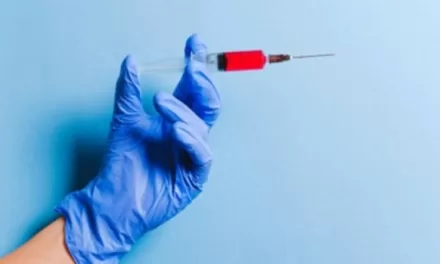The 2nd World Health Organization (WHO) Traditional Medicine Global Summit will take place from 18–20 November 2025 in India. The Summit will promote knowledge exchange, best practices, innovation and coordinated action among up to 7000 participants (1000 in person and 6000 online), including policymakers, community leaders, and the private sector.
Recognizing pervasive political, social, economic and ecological instability in the world today, the Summit will focus on the theme of “Restoring balance for people and planet: the science and practice of health and well-being.” The potential of ancient remedies together with modern science to promote a holistic, people-centered approach to health will be explored as an essential breakthrough for global health and equity, advancing universal health coverage and the 2030 Sustainable Development Goals.
The Summit program will be guided by the Gujarat Declaration, launched at the conclusion of the first WHO Global Traditional Medicine Summit, in August 2023, aligned with the new 2025–2034 WHO Global Strategy for Traditional Medicine, to be presented during the Seventy-eighth World Health Assembly, in May 2025.
Plenary and parallel sessions will explore priorities for evidence-based research for traditional medicine, linked to issues related to biodiversity, digital health, and the role of artificial intelligence (AI). The need for robust scientific evidence and regulatory frameworks to ensure the safety, efficacy, and sustainability of traditional medicine interventions and practices will be discussed throughout the meeting, including with Indigenous community leaders. Respecting the rights and leadership of Indigenous Peoples will be a hallmark of the Summit. Indigenous Peoples manage lands that harbor around 30% of the world’s remaining intact forests and 60% of all terrestrial mammals – critical for biodiversity and planetary health.
An interactive exhibition space will showcase traditional medicine through digital exhibits, pop-up talks, and AI-powered demonstrations, allowing participants to experience traditional healing methods from all regions of the world. A photo/video exhibition will bring these ancient practices to life for a global audience.
Major launch events will also be held during the three-day event, including:
- A WHO Virtual Global Library on Traditional Medicine, embedded in a new global knowledge exchange platform.
- A WHO Bulletin special issue on traditional medicine, highlighting cutting-edge research.
- Global roadmap for research priorities in traditional medicine, together with donor partners.
- A “coffee-table book”-style digital resource of traditional medicine practices from all WHO Member States.











